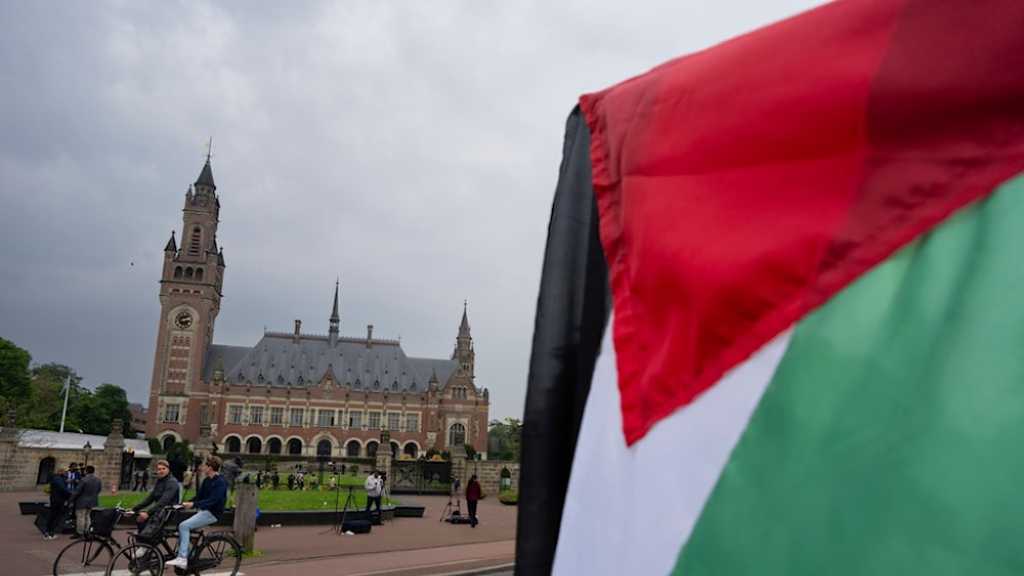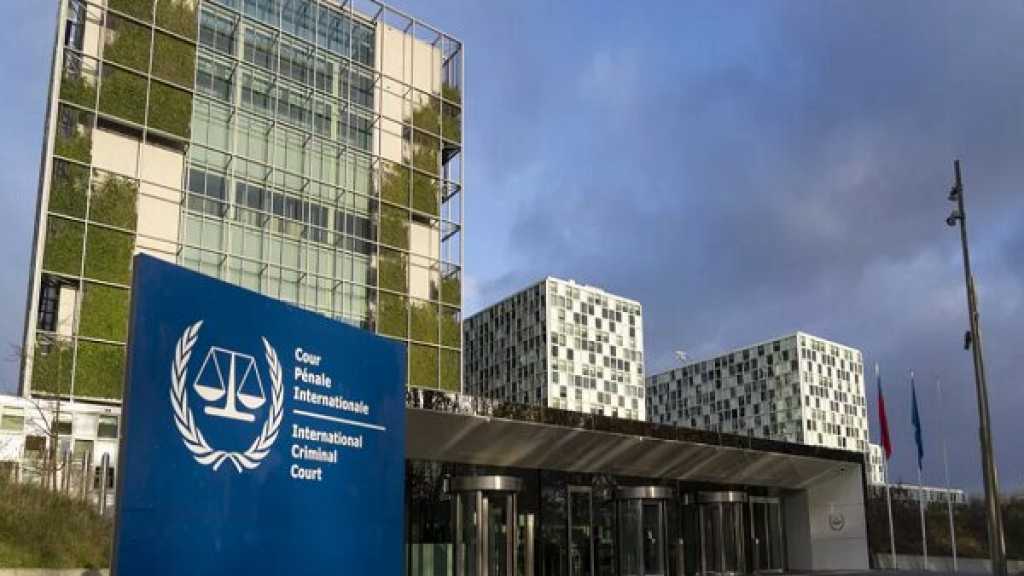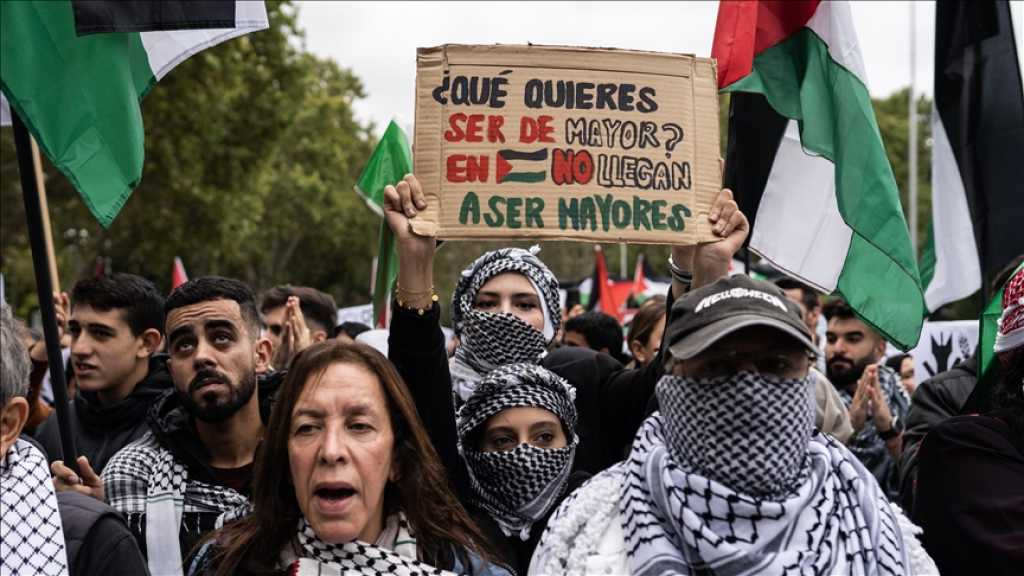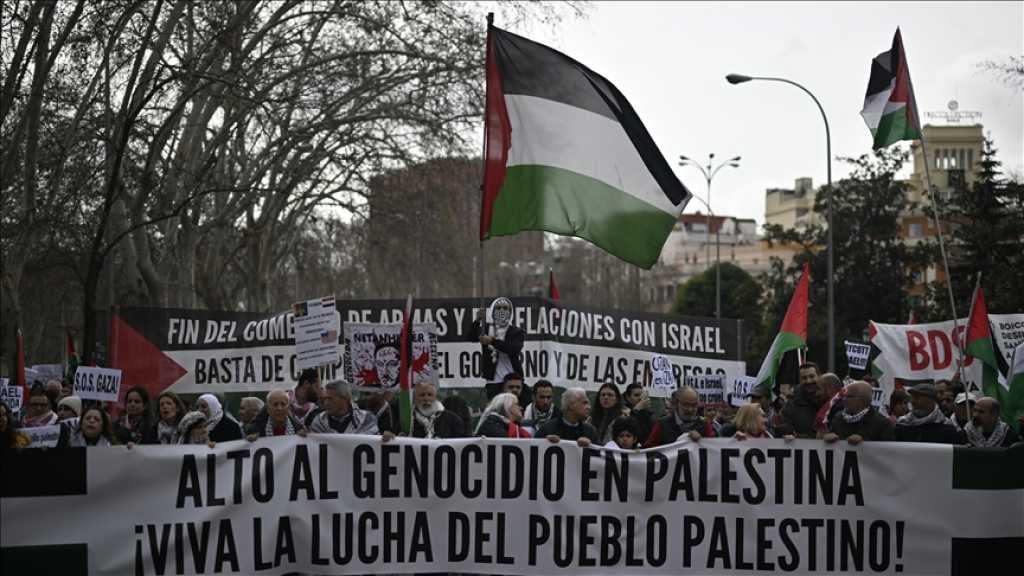Catalonia Threats to Split, Spain to Suspend Its Autonomy
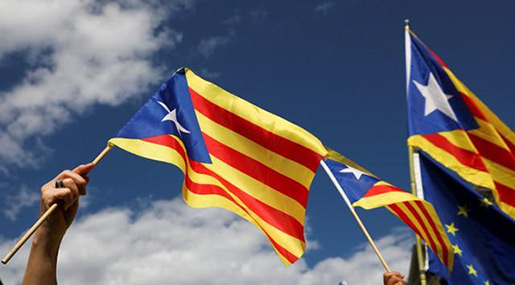
Local Editor
As tension escalated between Spain and Catalonia, Spain's central government said Thursday it would suspend Catalonia's autonomy and impose direct rule after the region's leader threatened to go ahead with a formal declaration of independence if Madrid refused to hold talks.
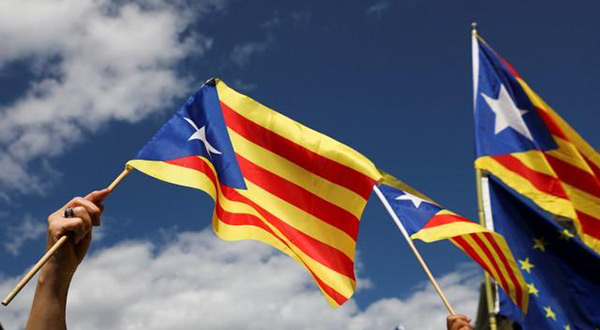
In a move unprecedented since Spain returned to democracy in the late 1970s, Prime Minister Mariano Rajoy said he would hold a special cabinet meeting on Saturday that could trigger the move.
The Socialist opposition said it backed the government but suggested the measures should be limited in scope and time.
Catalan President Carles Puigdemont, ignoring morning deadline to drop his secession campaign, wrote a letter to Rajoy threatening a formal declaration of independence.
"If the government continues to impede dialogue and continues with the repression, the Catalan parliament could proceed, if it is considered opportune, to vote on a formal declaration of independence," Puigdemont said.
Spanish courts have ruled the referendum illegal, but Puigdemont says the result is binding and must be obeyed.
The regional authorities have not made clear how and when a declaration of independence would take place and whether it would be endorsed by the regional assembly. Some pro-independence lawmakers have said they want to hold a vote in the Catalan Parliament to lend it a more solemn character.
Rajoy plans to invoke Article 155 of the 1978 constitution, which allows him to take control of a region if it breaks the law.
A senior government source said the exact measures would be agreed Saturday and probably voted through the upper house Senate on Oct. 30, giving the secessionists a few days of leeway to respond before Madrid takes control.
The regional authorities could use that time to split unilaterally, call elections in the hope of strengthening their mandate, or back down, though this is seen as highly unlikely.
"From the moment the measures are known, the regional government knows what's going to happen and has a period of time to act until 155 can be acted upon," the source said.
The terms of Article 155 are vague and could spur more wrangling with the restive region.
"The government will use all the tools available to restore as soon as possible the law and the constitutional order, recover peaceful cohabitation between citizens and stop the economic damage that the legal uncertainty is creating," government spokesman Inigo Mendez de Vigo said in a statement.
Rajoy's team met members of the socialist party to coordinate their next steps.
A spokesman for the Socialists said while they fully stood behind the government they would insist Article 155 is applied in the most proportionate way.
Madrid's options range from closing down the regional parliament and expelling lawmakers, to a softer and more targeted approach, the government source said.
Theoretically, the central administration could take control of the region's finances and police, and call a snap election.
But some members of the Catalan government have already questioned this interpretation of the constitution, suggesting the stand-off could extend for at least several more days.
Source: News Agencies, Edited by website team

